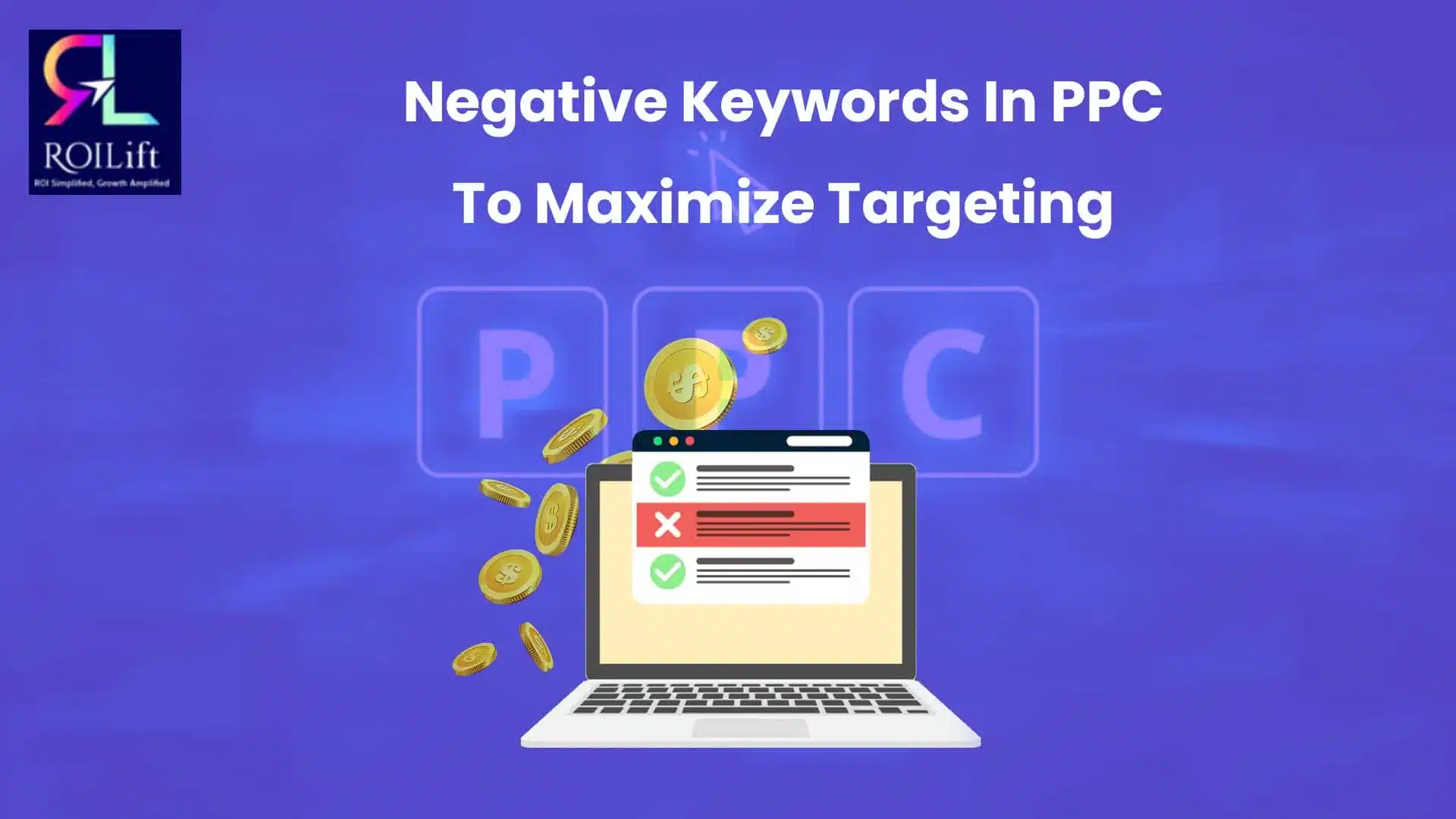Any successful PPC strategy must prioritize controlling wasted ad spend. Employing a powerful negative keyword approach is among the best methods to accomplish this. We can optimize campaign effectiveness, increase your return on investment, and make sure your ads are seen by the appropriate people by filtering irrelevant searches.
The best methods for employing negative keywords successfully are outlined here.
Getting The Negative Keywords Ready Before Launching
Adding negative keywords doesn’t have to wait for a campaign to gather click statistics. Before starting the advertising campaign, add as many as you can. Before launching a campaign, we can block a wide range of popular, irrelevant terms seen in most sectors.
Use the same methodology as standard PPC keyword research to identify negative keywords, but concentrate on identifying terms to block rather than target. Typical resources for keyword research consist of:
- Google Ads Keyword Planner.
- ChatGPT, Google, and other AI search engines.
Using N-Gram Analysis To Selectively Block Unfavorable Keywords
We can find and block a single word that makes several search queries meaningless by employing n-gram analysis. Rather than blocking each term separately, this method saves you time and helps identify powerful one-word negative keywords.
In PPC, we can use n-grams to analyze the performance of commonly found word sequences, says our PPC expert. For instance, data for word strings that repeat regularly throughout a large number of keywords or search queries can be found. We can easily identify account performance trends by combining data.
When To Use Negative Keywords With Multiple Words?
Negative keywords with two or three words might likewise have the same impact. We make sure that numerous words are regarded as a negative word match and enclose them in quotes. It is less beneficial to use broad match types for many terms.
Even though Google Ads is getting better at matching negative keywords, like incorrect spelling, this feature still needs careful attention. Use short, one- or two-word negative keywords that cover a common issue to simplify your approach. As a result, fewer identical terms need to be added frequently. For maximum effectiveness, use exact match negative keywords rarely. Instead, a string of exact-match keywords would be added.
Actively Addressing Unfavorable Keywords
- Keep an eye out for similar negative terms: Add negative keyword variations proactively. The secret is to identify and block irrelevant search phrases before they affect the effectiveness of your campaign.
- Make use of shared negative keyword lists: It is far more efficient to add keywords directly to the campaign or a shared list rather than spending hours manually checking boxes in the Google Ads search terms report. Rather than introducing negative keywords to every campaign separately, use lists of negative keywords that may be used in others. This can be found in the new interface under Shared Library> Exclusion lists > Negative keyword lists. The shared library’s brand lists can also be used to block search queries that contain brands you wish to stay away from.
- Save popular negative terms for accounts and other clients: Maintaining a distinct spreadsheet of often-used negative keywords might help you save time when starting new campaigns. It might be particularly helpful for agencies to compile a master list of negative keywords related to a given industry for several clients in the same sector.
By storing frequently used negatives, we may apply them uniformly across accounts whether you work for a business, freelance, or in-house.
From Planning To Proactive Management: Effective Use Of Negative Terms
We maximize PPC success and reduce wasted expenses, negative keywords are important. We can make sure your advertisements always reach the proper people by planning carefully and continuously improving your lists.
Any effective campaign must include a proactive strategy to negative keywords since it saves time, maximizes your budget, and increases return on investment.
Conclusion
We can make sure that every ad amount is spent on high-converting customers by carefully utilizing negative keywords in our ROILift campaigns to filter out irrelevant or low-quality traffic. We can improve targeting, cut down on wasteful spending, and increase your return on investment by continuously reviewing and refining your list of negative keywords.



